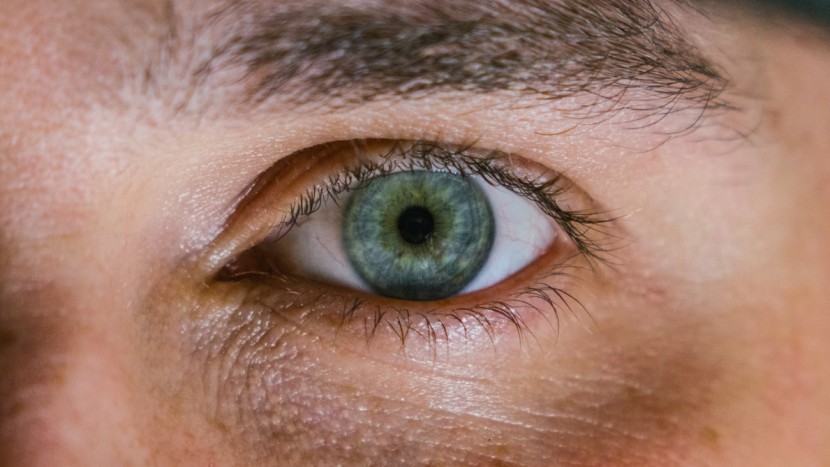
Saving your eyesight will just be as easy as brushing your teeth. Focusing into a deep red light for a few minutes could have a remarkable impact on alleviating decline in eyesight, published in a new study this week in The Journals of Gerontology.
The UCL-led pilot study, the first of its type in people, indicated that 3 minutes a day can remarkably improve declining eyesight.
Scientists think that the finding published could mark the advent of inexpensive home-based eye therapies that will help millions with naturally declining vision on a global scale, reported UCL.
People over the age of 40 can improve parts of their eyesight with the quick ray of light.
According to Glen Jeffery, who teaches neuroscience at the Institute of Ophthalmology at the University College London, he and his colleagues discovered that directing a red LED light into humans' eyes resulted to remarkable progress in 2 areas of sight for people of the said age range, acoording to Yahoo News.
Results just need to be reproduced in upcoming studies and ratified by the US Food and Drug Administration. The light serve as a new layer of security against natural aging processes that leave our eyes devoid of sensitivity to light and the capability to differentiate colors.
Lead author Jefferey said, "You don't need to use it for a long time to start getting a solid result."
According to the researcher, the red light triggers the mitochondria's health that serve as batteries within our cells, meaning the science works.
Also Read: New Gene Therapy May Treat Blindness
Due to the fact that mitochondria are involved in a wide series of illnesses, such conclusion could contribute to treating illnesses including diabetes and Parkinson's disease.
Testing the concept, the researchers enlisted 12 men and 12 women ranging from 28 to 72 years old for the small study. The participants undertook 3 minutes each day over a period of 2 weeks focusing into the light.
Jeffery of UCL stated, "As you age your visual system declines significantly, particularly once over 40."
"Your retinal sensitivity and your colour vision are both gradually undermined, and with an ageing population, this is an increasingly important issue."
Over 40 years of age is the point when the retina, or the visual information center of the eye, diminishes in capacity.
"In evolutionary terms, people weren't supposed to live beyond 40. So the retina starts to suffer because its mitochondria -- the battery -- runs down," Jefferey continued.
The red light was reportedly effective on the cones and rods of the eye.
For all 2 dozen of recruited people, 14% progress in one's capability to differentiate colors, or cone color contrast sensitivity.
Jefferey further indicated, "To try to stem or reverse this decline, we sought to reboot the retina's ageing cells with short bursts of longwave light."
The pace of the aging of the retina originates partly from the cell's mitochondria, with the purpose of producing energy (specifically ATP) and bolster cell function, declines.
Related Article: 6 Reasons For Considering Laser Eye Surgery








